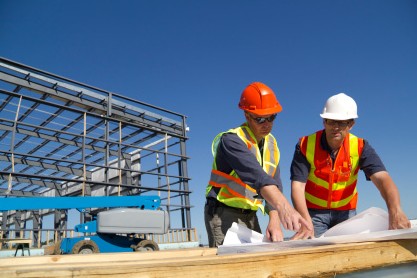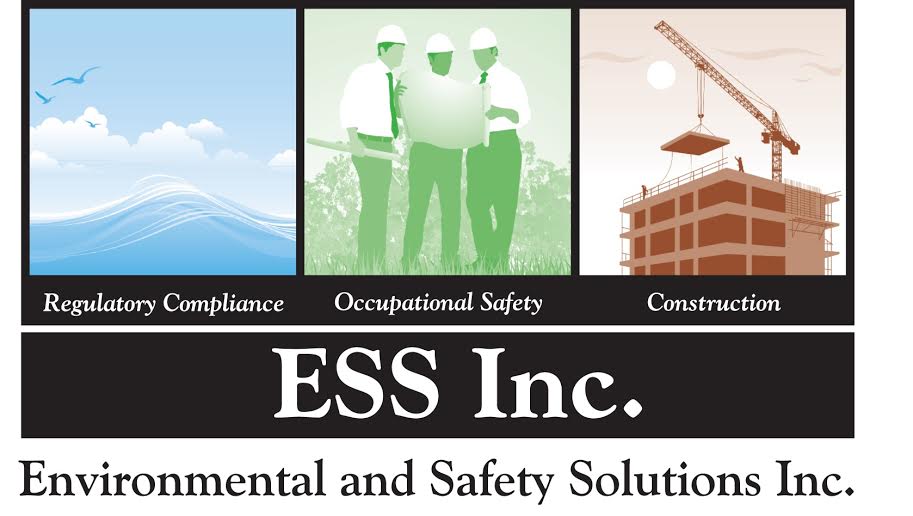Training of employees and supervisors is an important component of any safety and health program. Just watching a DVD or doing a simple online training class does not meet the training requirements in most cases. We offer a broad range of safety classes to meet your training needs. We also offer customized classes for companies with unique training requirements. While we list the most commonly requested classes, we have many other classes that we offer, so if you don’t see it, ask us about what you need. Odds are, we have it and will be happy to present it to you and your employees.
Permit Required Confined Space Training
Supervisor Training – Supervisor will be trained on all supervisor responsibilities as it pertains to permit required confined spaces to ensure a safe entry and work is conducted in a safety manner.
Attendant Training – Attendant will be trained on all attendant responsibilities as it pertains to permit required confined spaces to ensure the attendant is fully trained on monitoring the work inside the confined space and the surroundings outside the confined space as well that could affect the work being performed by confined space entrants.
Entrant – Entrant will be trained on all entrant responsibilities as it pertains to permit required confined spaces to ensure that the entrant works safely and responsibly while performing work inside the confined space.
Overview – A general review of the OSHA standard for permit required confined spaces.
Occupational Noise Exposure Training
Employee will trained on when it is necessary to were hearing protection and how to determine when being exposed occupational noise levels that are above 85db/hour, TWA.
Emergency Action Plans & Fire Prevention Plans
Employee will be trained on the emergency action plans, fire preventions plans, and the mean of egress in the time of an emergency.
Asbestos Awareness Training
Employee will be trained how to perform housekeeping in Asbestos Containing Material (ACM) or Potential Asbestos Containing Material (PACM) areas and know the permissible exposure limits (PEL) and excursion limits prior to performing asbestos work in an ACM or PACM area.
Spill Prevention Control and Countermeasure (SPCC)
Any employee engaged in the handling, transfer, storage, and maintenance of oil equipment, or spill response will be trained on proper and effective SPCC.
Blood Borne Pathogens (BBP)
Employee will be trained on how to recognize the potential of being exposed to BBPs and how to handle them appropriately.
Fixed Extinguishing Systems
Employee will be trained on how to appropriately utilize the fixed extinguishing systems.
Portable Fire Extinguishers
Employee will be trained on the appropriate fire extinguisher to utilize on different types fires.
Electrical Training
Maintenance employees, machine operators, any other employees who may work with electrical equipment will be trained on how to avoid improper use of electrical equipment to prevent electrical shock.
Hazard Communication
Employee will be trained on work area specific hazard communication (HAZCOM) and the Globally Harmonized System of Classification and Labeling of Chemicals (GHS).
Lock-Out/Tag-Out (LOTO)
Employee will be trained on how to properly lock-out/tag-out production equipment or processes in order to eliminate stored hazardous energy to prevent the unexpected energizing of production equipment or processes.
Materials Handling
Employee will be trained on proper materials handling that includes proper grounding and bonding.
Mechanical Power Presses
Employee will be trained as a competent person to operate a mechanical press for production purposes.
Compressed Gases
Any employee who performs welding or handles cylinders containing compressed gases will be trained on how to properly handle and store such cylinders.
Hot Work
Employee will be trained on proper hot work procedures which include fire watch, cutter of welder training and the appropriate personal protective equipment (PPE) to wear.
Hazardous Waste
Employee will be trained on how to properly identify and handle hazardous waste that is generated at the work site.
Powered Platforms & Man Lifts
Employee will be trained on how to properly operated man lifts that are used to perform their work.
Fall Protection
Employee will be trained on when to don fall protection and how it is to be worn properly.
Machine Guarding
Employee will be trained on when machine guarding is necessary to avoid coming in contact with the point-of-operation of the machine.
Job Hazard Analysis (JHA)
Employee will be trained on how to conduct a JHA in order to identify the hazards that are associated with a particular job in an effort to prevent accidents and injuries.
Ergonomics
Employee will be trained on how to interact with different physical elements of the work place in an effort to avoid injuries while performing work duties.
Powered Industrial Truck Operator Training
A combination of hands on and classroom training for operators of powered industrial trucks to meet the OSHA requirement.
OHSA 10 hour Training
Employee will be trained in either OSHA’s Construction or General Industry Safety and Health safety course.
OHSA 30 hour Training
Employee will be trained in either OSHA’s Construction or General Industry Safety and Health safety course.
Accident/Incident Investigation
How to properly investigation an accident or incident to determine root causes for accident prevention.
Respiratory Protection Training
Training designed to help employees understand the need for respirators, how to choose the proper respirator, how to wear and clean a respirator and the elements of the OSHA program.
Hazard Communication Training
Employees must be trained in the dangers of the chemicals they are exposed to, how to read the Safety Data Sheets to get the needed information, how to read and understand the safety icons and where to access the safety data sheets for your organization.
Fall Protection
How and when to implement a fall protection program, the types of fall protection that can be used and the personal protective equipment that can be used to implement fall protection.
Trenching and Shoring
Employees who work in trenching and shoring must be trained to know the hazards of the job, have an understanding of protection methods and proper means of access and egress. This training is not intended to make individuals a competent person.
Flammable Liquid Handling and Storage
Flammable liquids, as well as flammable solids and gases, must be handled and stored in a proper fashions. This training is designed to ensure employees are aware of the risks of improper handling and storage of flammable liquids, how to do it properly and how to avoid unsafe situations regarding flammable liquids.
Working on Pubic Roadways
Teaching employees and supervisors the requirements under the Ohio Manual of Uniform Traffic Control Devices (MUTCD), Chapter 6, when they are working on or near a public roadway.
Behavior Based Safety
Training for supervisors and management on how to implement a behavior based safety program, how to coach employees, how to make observations and use perception surveys in improving the safety program and undesired employee behaviors.

